Many opinions say that the ban on apartment owners renting out short-term stays through the Airbnb application in Ho Chi Minh City stems from an inaccurate understanding and is inconsistent with current legal regulations. Therefore, experts note that the ban should be lifted and instead, a suitable legal corridor should be built, harmonizing the interests of individuals, groups and state management requirements.
Need to be recognized
Immediately after Ho Chi Minh City issued Decision No. 26/2025/QD-UBND, from February 27, many apartment buildings in the area simultaneously announced a ban on short-term rentals by apartment owners, regardless of whether they are individuals with business registration or legally operating enterprises.
According to Mr. Le Hoang Chau, Chairman of the Ho Chi Minh City Real Estate Association (HoREA), the ban on using apartments for short-term rental purposes has seriously affected many owners, causing them to not only lose customers but also have to compensate for contracts, facing financial pressure due to loss of income to repay bank loans. He said the cause comes from a misunderstanding of the regulations in Articles 12 and 13 of Decision 26/2025 of the Ho Chi Minh City People's Committee.
Meanwhile, Ms. Nguyen Thuong Hoai, a representative of about 1,000 Airbnb apartment owners in Ho Chi Minh City, said she has petitioned many agencies for over a year. She affirmed that the Ministry of Construction and the Ho Chi Minh City National Assembly Delegation have both responded clearly that there are no regulations prohibiting this rental.
From the tenant’s perspective, Ms. Le Thuy, a Vietnamese American, shared that her family of 5 returned to Vietnam for a 3-week vacation in District 3 but could not rent an apartment because the landlords required a minimum rental period of 2 months. As for the hotel, there were no rooms large enough, so renting 2-3 rooms would be very expensive and inconvenient.
Ms. Hoang Kim in District 7 said that every summer vacation, her family travels abroad, from Korea to Malaysia. In these countries, short-term apartment rental services are very popular, suitable for large families. Therefore, she believes that international tourists coming to Vietnam also need similar options.
Lawyer Ha Hai, Vice Chairman of the Ho Chi Minh City Bar Association, also agreed that Decision No. 26 of the Ho Chi Minh City People's Committee is not a prohibition but is for management purposes. Therefore, according to him, apartment building management boards should lift the ban so that residents can continue to rent out, as long as they fully meet the conditions prescribed by law.
Specifically, the apartment used must belong to a mixed-use apartment building and meet the conditions for being a tourist accommodation facility. Individuals and organizations providing accommodation services must comply with regulations on business conditions, tourism industry standards and relevant legal regulations.
Mr. Le Hoang Chau also emphasized the need for a clear legal framework, allowing the piloting of the Airbnb model in Ho Chi Minh City in the direction of considering this a legal industry. This model needs to have business registration, legal management, full residence declaration and tax payment. This is not only in line with international practice but also contributes to tourism development, job creation, and increased revenue for the state budget.
According to him, Resolution 98 on a special mechanism for Ho Chi Minh City and the orientation to build an International Financial Center are favorable premises for piloting and developing this type of accommodation. In the long term, Airbnb needs to be recognized as an official tourism accommodation service business.
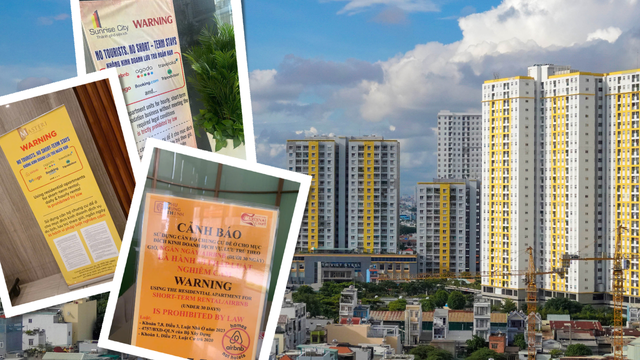
Many apartment buildings in Ho Chi Minh City have posted signs prohibiting short-term rentals. Photo: SON NHUNG - HOANG TRIEU
Appropriate management methods are needed.
On the other hand, Ms. Giang Huynh, Director of Research and S2MM, Savills HCMC - expressed concern that short-term rentals in apartments could create chaos in resident management.
According to her, the entry and exit of guests is difficult to control, potentially posing a risk to security and safety and affecting long-term residents. She also believes that if this activity is not registered and fully taxed, it will cause budget losses and affect traditional types of accommodation such as hotels and serviced apartments.
However, Mr. Ta Trung Kien, Director of News Property Real Estate Company, expressed his opinion that if Ho Chi Minh City is given a special mechanism, it is completely possible to allow short-term rentals in apartments, with the condition of strict management.
Accordingly, apartment owners must register as individual business households and must notify the building management board about the exploitation of rentals via Airbnb. At the same time, the management board can apply higher management fees to rented apartments to compensate for the common usage costs. Of course, these apartments must also meet fire safety requirements.
Mr. Kien said that the reason why this form is reflected negatively is because some tenants lack awareness, especially young people, who rent apartments to gather, drink, cause trouble, and even use illegal substances. Such cases need to be handled seriously, instead of applying the measure of "banning the whole village".
From another perspective, Mr. Pham Lam, Vice President of the Vietnam Real Estate Brokers Association, said that banning short-term rentals is only a temporary measure due to lack of management, and the action can affect people's property rights.
"If people legally own the property, they have the right to exploit it for rent in any form that is not prohibited by law. In case the tenant causes disorder, it is the tenant's violation, and cannot be blamed on the landlord," Mr. Lam emphasized.
According to the Vice President of the Vietnam Real Estate Brokers Association, there needs to be a suitable management method to bring short-term rental activities into the legal framework, instead of applying the approach of "if you can't manage it, then ban it", because that will have a long-term impact on the value of the type of property that is the apartment.
Source: https://nld.com.vn/cam-can-ho-cho-thue-ngan-ngay-va-tieng-noi-tu-thuc-te-196250514204413803.htm


![[Photo] Top players gather at the 2025 Nhan Dan Newspaper National Table Tennis Championship](https://vphoto.vietnam.vn/thumb/1200x675/vietnam/resource/IMAGE/2025/5/23/9ad5f6f4faf146b08335e5c446edb107)








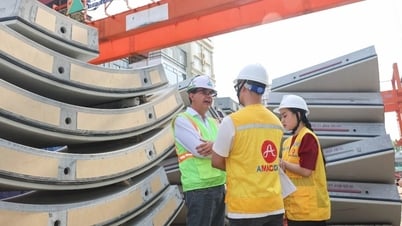




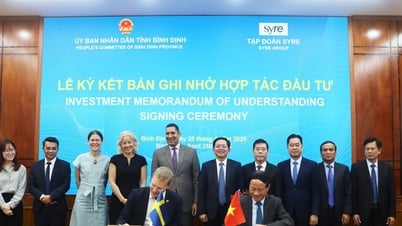










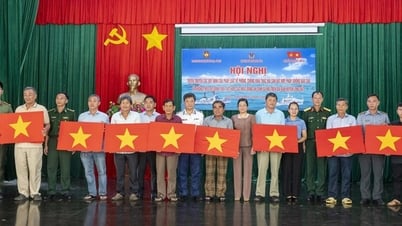











































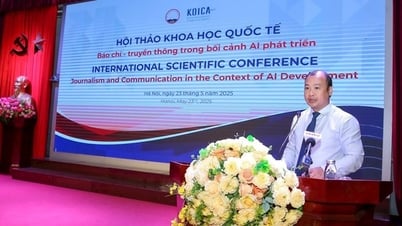
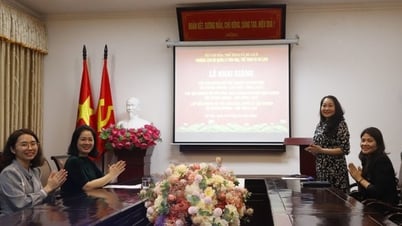


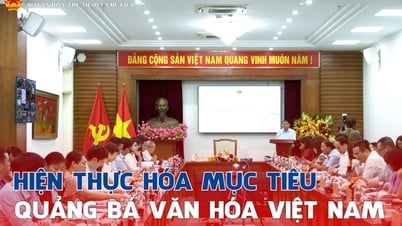


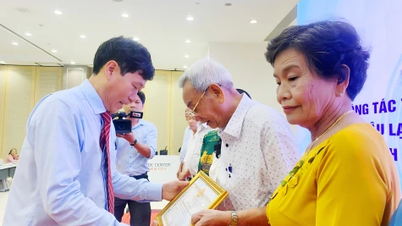

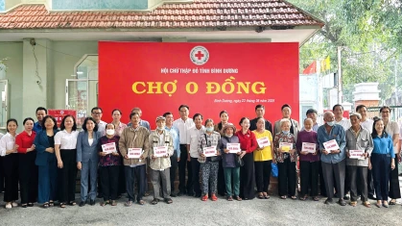


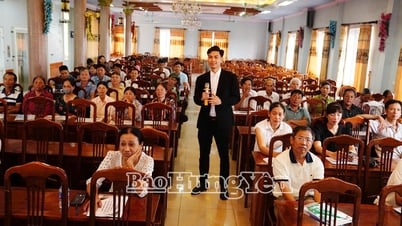














Comment (0)